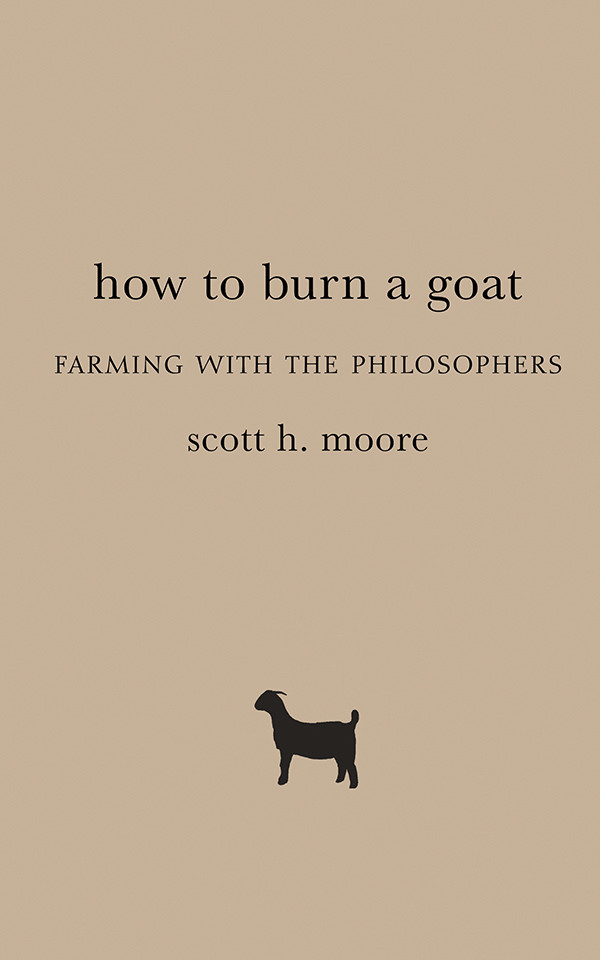Product desciption
How To Burn A Goat Farming With The Philosophers Moore Scott H by Moore, Scott H.; instant download after payment.
Scott H. Moore is Associate Professor of Philosophy and Great Texts at Baylor University.
"What a fun book! A self-described inexperienced philosopher hobby farmer,' Moore writes about chasing guinea fowl, the virtues of mules, the vices of geese, the sounds heard on a farm, or why it is important to watch grass grow, mixed with quotations by everyone from Wendell Berry to Wittgenstein all in a clean prose style reminiscent of E. B. White. Moore had me laughing out loud and then pondering his wisdom the rest of the day."-Rev. Kyle Childress, Pastor, Austin Heights Baptist Church, Nacogdoches, Texas
"Scott Moore has given us a wonderful gift with this book--a book of comedic determined wisdom that only a philosopher trying to be a farmer could describe. On reaching the end of the book my only thought was to read it again not only because Moore writes so well, but because I want to remember how (not) to burn a goat or to understand better the relationship between Plato and pigs."-Stanley Hauerwas, Gilbert T. Rowe Professor Emeritus of Divinity and Law, Duke Divinity School
"Moore is on to important issues and is making a significant advance on questions about ethics, the environment, agriculture, and Christianity. How to Burn a Goat takes the reader on an intellectual adventure that opens with a family's exploration of agrarian life and concludes with an encounter with some of the most profound philosophical insights of classical and modern philosophy."-David Solomon, de Nicola Center for Ethics and Culture, University of Notre Dame
The ancient Roman orator Cicero famously believed,"If you have a garden and a library, you have everything you need."Contemporary philosopher Scott H. Moore agreesand putsthis celebrated aphorism to the test.
InHow to Burn a Goat: Farming with the Philosophers,Moorespeculateson the practice of farming through the lens of philosophy and literature.He weaves together a tapestry of philosophical reflectionson work and leisure, the nature of the virtues,and the role and limitations of technology and higher education with personal reflections on the joys and trials of farm life on his Crawford, Texas,farm.
Full ofself-deprecating humor, Moore relates hisown experience of a philosopher turned farmer.His efforts at scholar-farmer are haunted by questions from the world's great minds-"Does Plato's city of sows' ring true?,""Can Ockham help break a recalcitrant heifer?,""How can Heidegger help with raising swine?,""What insights does Iris Murdoch offer for pest control?" Combining insight with down-to-earth vignettes, Moore joins Wendell Berry, E. B. White, George Orwell, and many more in recognizing the truths deeply rooted in the management of the practical affairs of a farm.
Moore arguesthat a return toagrarian roots is needed to restore Aristotelian wonder and wisdom in a worldincreasingly defined by technology. Rejecting the idea that humans are simply cogs in awheel, he shows howgreater human happiness can be found in the meaningful labor of tending to nature, rather than the ever-expanding march of automation.


